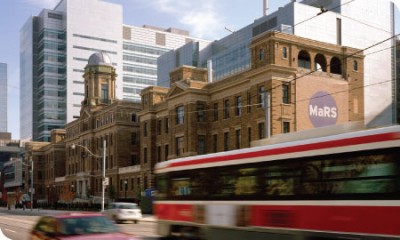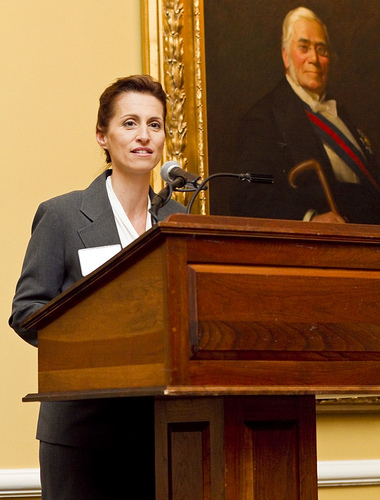
The province of Ontario is increasing funding for 6,000 graduate students in high demand areas such as engineering, health, and environmental sciences. Dalton McGuinty’s Liberal government is set to increase funding for 60,000 total students by 2015-2016.
I think this is a step in the right direction for Ontario and Canada to address the innovation and productivity gaps that plague the economy. AnnaLee Saxenian, author of Regional Advantage, examined the innovation clusters of Silicon Valley and Route 128 in Massachusetts. Historically, both are areas with strong technical universities that were generously funded during the Cold War, but what emerged in California was a culture of innovation.
“In the 1970’s both the Route 128 complex of Boston and the Silicon Valley were centers of high technology industry, but by the 1980’s the Route 128 area was stagnating while the Silicon Valley, after experiencing economics shocks, was moving ahead to become the unchallenged global leader in high technology. The difference in the two areas was not in resources or location but in their commercial culture. Route 128 firms tended to be insular and proprietary, whereas the Silicon Valley firms were open and linked by social and economic networks which enabled them to adjust to the vissitudes of market shifts.”
In today’s Toronto Star, an article on a Toronto Board of Trade report cited a need for increased regional coöperation among the economic development entities in the Greater Toronto Area. The report cites the regional transportation planning of Metrolinx as an exemplar of regional planning. I think there’s a tremendous opportunity for the development of Toronto as an innovation cluster, but I think the big challenge won’t be in terms of funding, but in terms of creating an innovative localized culture that permeates the regional institutions, including government, higher education, hospitals {in medicine and healthcare}, and business. So, I can see the Ontario Liberals touting plans to integrate their higher education policy with one for regional innovation incubation. The MPP for Toronto Centre, Glen Murray, is the Minister for Research and Innovation, which runs the Ontario Network of Excellence (ONE). One on the ONE members is MaRS, an organization designed to bridge science, government, and business, which the Ontario Liberals have committed funding to::
“To continue to foster that environment, Murray announced a $2.25 million commitment over the next three years for MaRS so that it may continue its mandate to foster innovation in Toronto by harnessing expertise from across academic and business sectors to aid in launching and developing companies. MaRS will become one of 14 centres in the province-wide ‘Network of Excellence’ being built to foster innovation.”
Toronto is a confluence of different types of capital and global flows, with high levels of educational attainment, being a landing area for immigration, serving as a financial centre, and being a hub for the culture industries. What I’ve been reading is that much of Canada’s innovation occurs in extraverted industry clusters, which would tend to dilute regional advantages that take advantage of localized networks. The exception being the entertainment and culture industries. What I don’t know is what the business culture is like in innovative sectors in Ontario–is it more like California {informal, open, networked, greater mobility} or Massachusetts {formal, closed, hierarchical, and path dependent} in the 70s and 80s? The stakes are high, given the state of the economy and hopes pinned on innovation for future growth in GDP and jobs, which Murray is keenly aware of::


